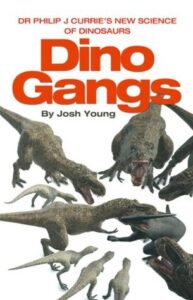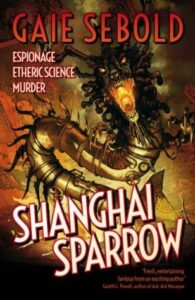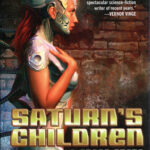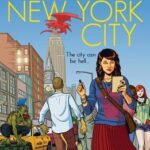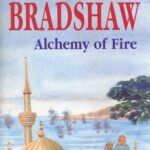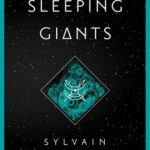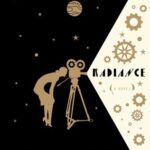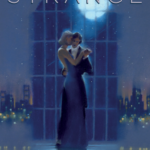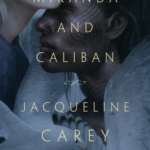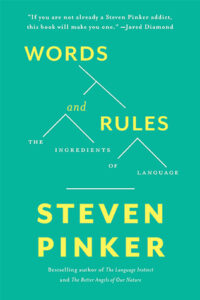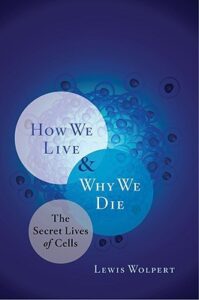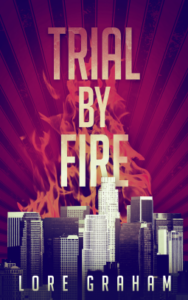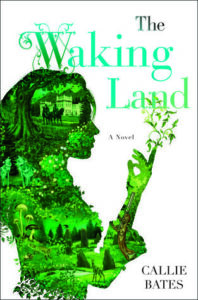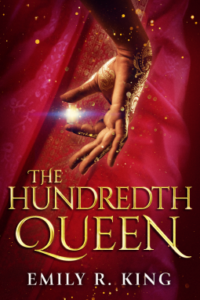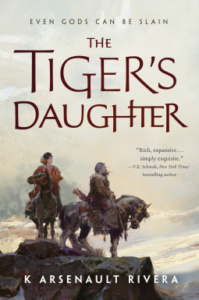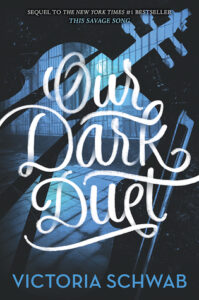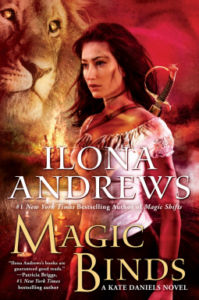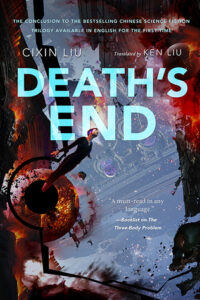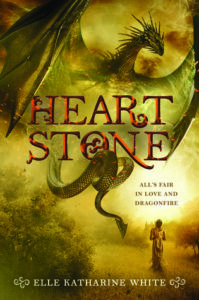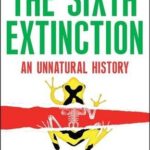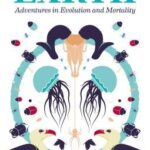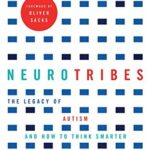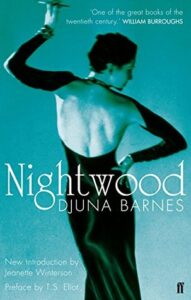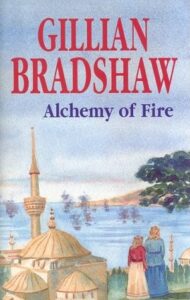The three ‘W’s are what are you reading now, what have you recently finished reading, and what are you going to read next, and you can find this week’s post here if you want to check out other posts.
What are you reading now?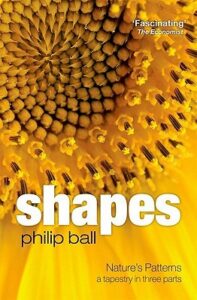
Non-fiction: Shapes, by Philip Ball. It’s part of a trilogy of books about patterns and forms in nature. I’m finding it easy to read, and yet at the same time sometimes it loses me completely by going into complexities about geometry. Still, interesting.
Fiction: Dark North, by Gillian Bradshaw. It’s feeling rather Rosemary Sutcliff-ish, since it’s set in Roman Britain, though the protagonist is an Ethiopian auxiliary. I’m enjoying it, though I do wish the main character (Memnon) wasn’t driven by guilt that his sister was raped and killed. Common enough story, I suppose, but shades of women in refrigerators…
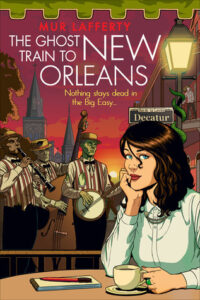 What have you recently finished reading?
What have you recently finished reading?
Non-fiction: In Search of the Multiverse, by John Gribbin. I mostly understood the quantum physics behind all this, at least while I was reading!
Fiction: The Ghost Train to New Orleans, by Mur Lafferty — the sequel to The Shambling Guide to New York City. It’s a lot of fun, and I tore through both books in two days.
What will you read next?
Non-fiction: probably The Making of the Fittest, by Sean Carroll, since it’s a library book. Same goes for my fiction choice, which will probably be The Cold Between, by Elizabeth Bonesteel — I’ve been curious about this one for a while, so I’m hoping to use the opportunity of being at my parents’ and having a bit of a wider choice in library stock!

